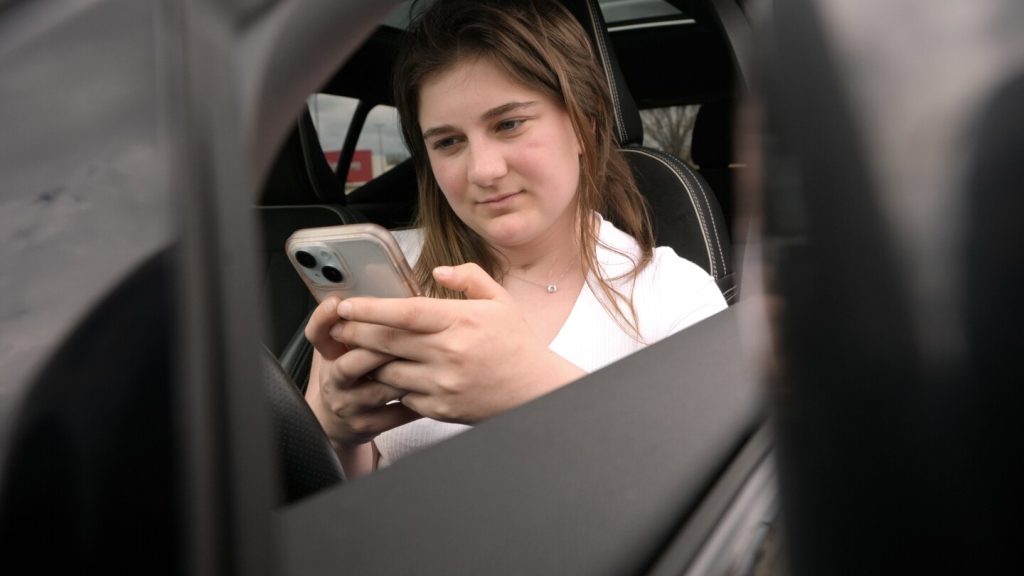A young woman, Alexis Bogan, lost her voice after undergoing surgery to remove a life-threatening tumor near the back of her brain. Months of rehabilitation have aided her recovery, but her speech is still impaired, making it difficult for friends and family to understand her. In April, she got her old voice back through an AI voice clone generated by OpenAI’s Voice Engine. Trained on a 15-second time capsule of her teenage voice, the AI voice is remarkably realistic and allows her to communicate almost normally by typing into a phone app.
While AI voice-cloning technology has potential risks, such as amplifying phone scams and manipulating elections, Bogan and her medical team believe that the benefits outweigh the dangers. She is one of the first people, and the only one with her condition, to have her lost voice recreated with OpenAI’s Voice Engine. Similar technology has been tested for people with speech impediments and loss, offering hope for millions of individuals with debilitating conditions affecting their speech. The doctors believe that the social good of helping patients like Bogan regain their voices justifies the risks associated with the technology.
Bogan’s journey to restoring her voice began after she underwent surgery to remove a tumor that damaged her tongue muscles and vocal cords. The surgery left her with impaired speech, affecting her ability to talk and eat. A team of doctors at Rhode Island’s Lifespan hospital group used a 15-second clip of Bogan’s voice to train the AI system, creating a realistic voice clone that closely resembles her original voice. The technology has given Bogan a newfound sense of confidence and improved her ability to communicate in various settings, such as ordering at Starbucks and reconnecting with friends and family.
OpenAI is treading cautiously in expanding the use of its Voice Engine, as the technology is not yet publicly available. Other AI startups offer voice-cloning services for entertainment studios and similar purposes, but OpenAI is focusing on medical applications for now. The company is working on developing a secure “voice authentication” tool to ensure that users can replicate only their own voices and prevent misuse of the technology. Bogan, along with her medical team, is providing valuable feedback to OpenAI to help improve the technology and make it more accessible to patients with speech impediments.
Bogan’s experience with AI voice cloning has inspired her to think about how the technology could aid others with similar or more severe speech impairments. Despite the challenges she faces with her AI voice engine and uncertainties about its future development, Bogan remains optimistic about the possibilities it offers. She envisions a future where AI voice technology can seamlessly integrate with the human body or evolve over time to reflect changes in her voice as she grows older. For now, she is grateful to have a tool that helps her find her voice again and continue her journey towards recovery and independence.
As Bogan continues to use the AI voice clone in her daily life, she hopes to help others in similar situations by sharing her story and providing input for future advancements in the technology. Her determination and resilience have inspired her medical team and others to explore the potential of AI voice technology in improving the lives of individuals with speech impediments. Through collaboration and innovation, Bogan and her doctors are paving the way for the development of AI voice technology that can empower individuals to regain their voices and communicate more effectively.


